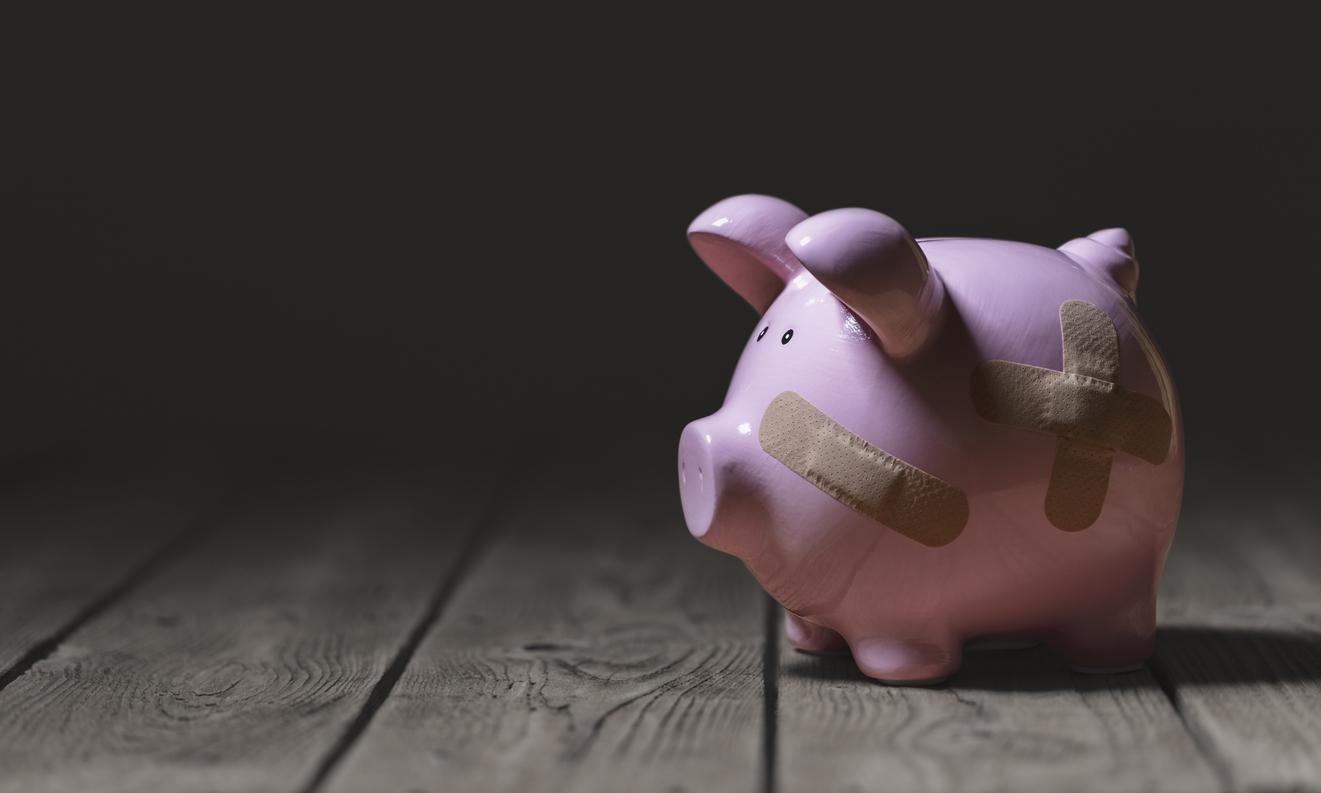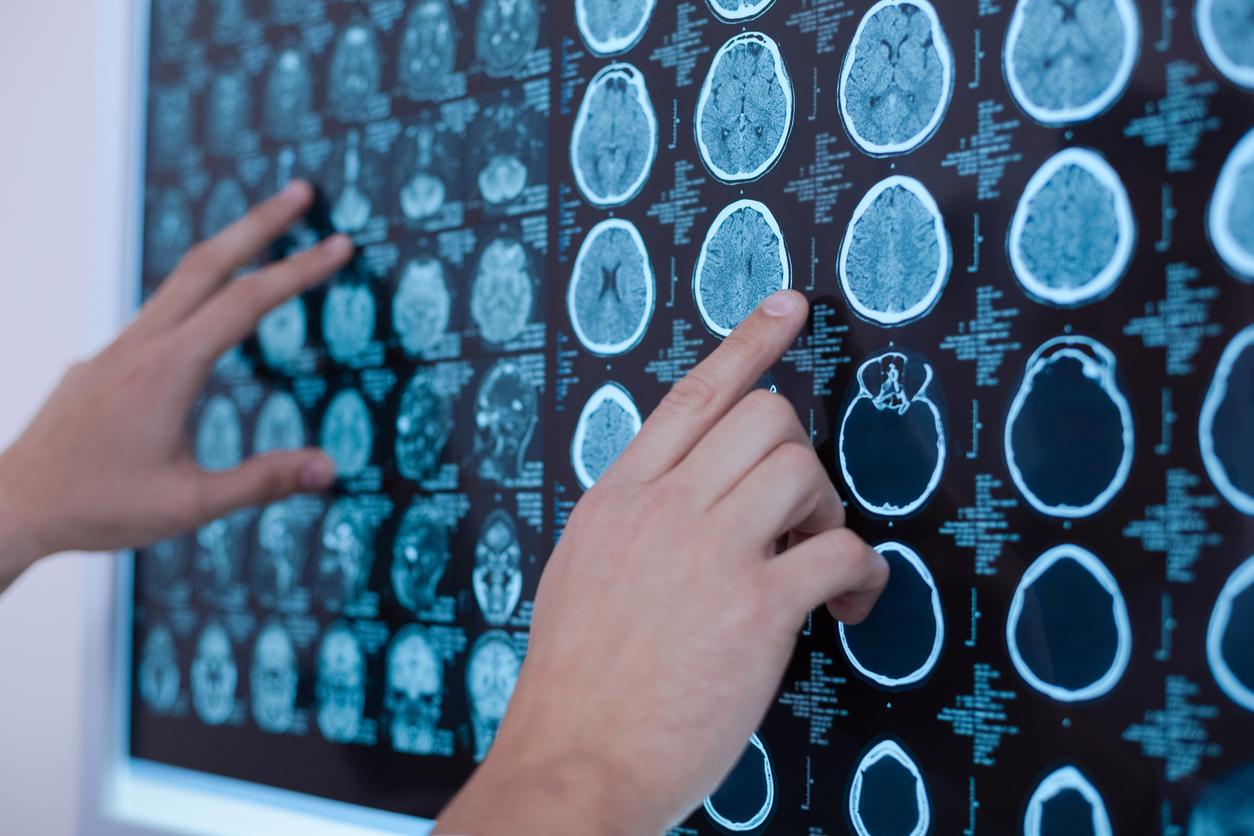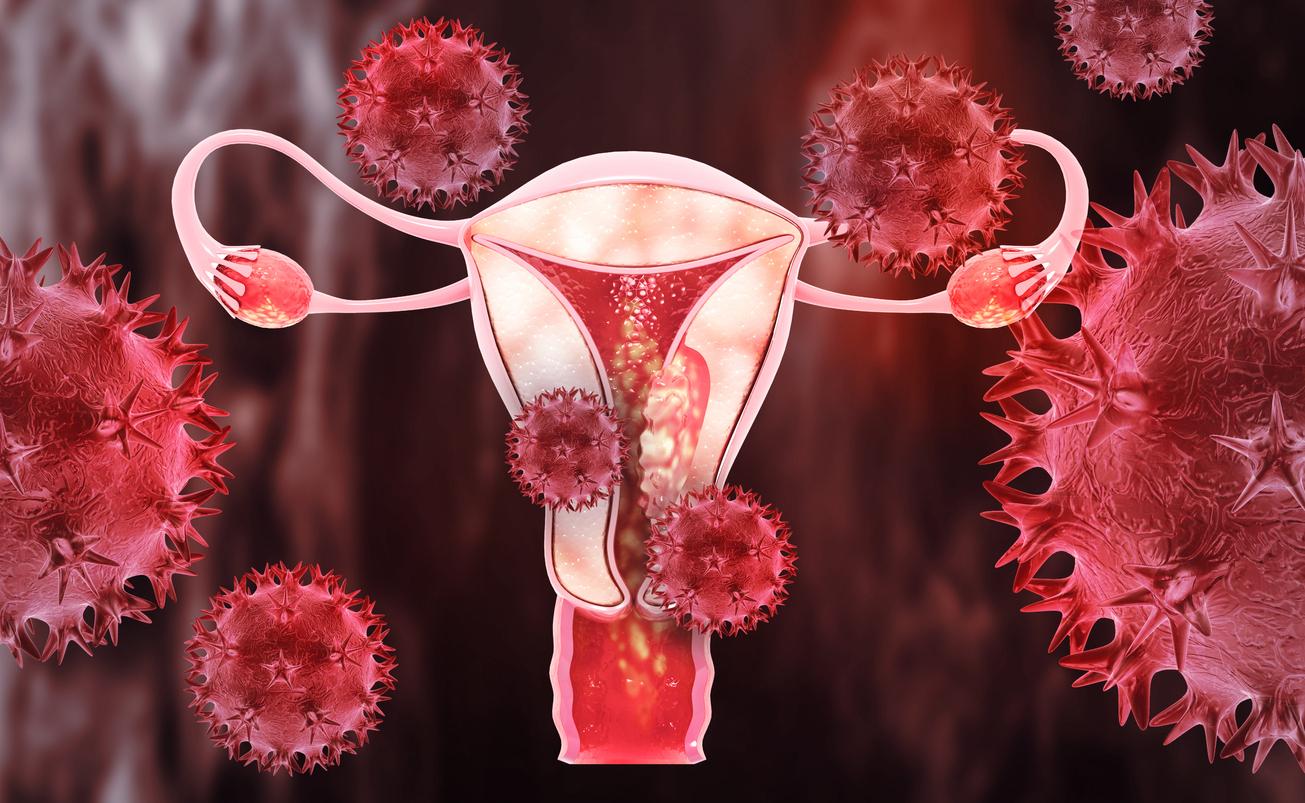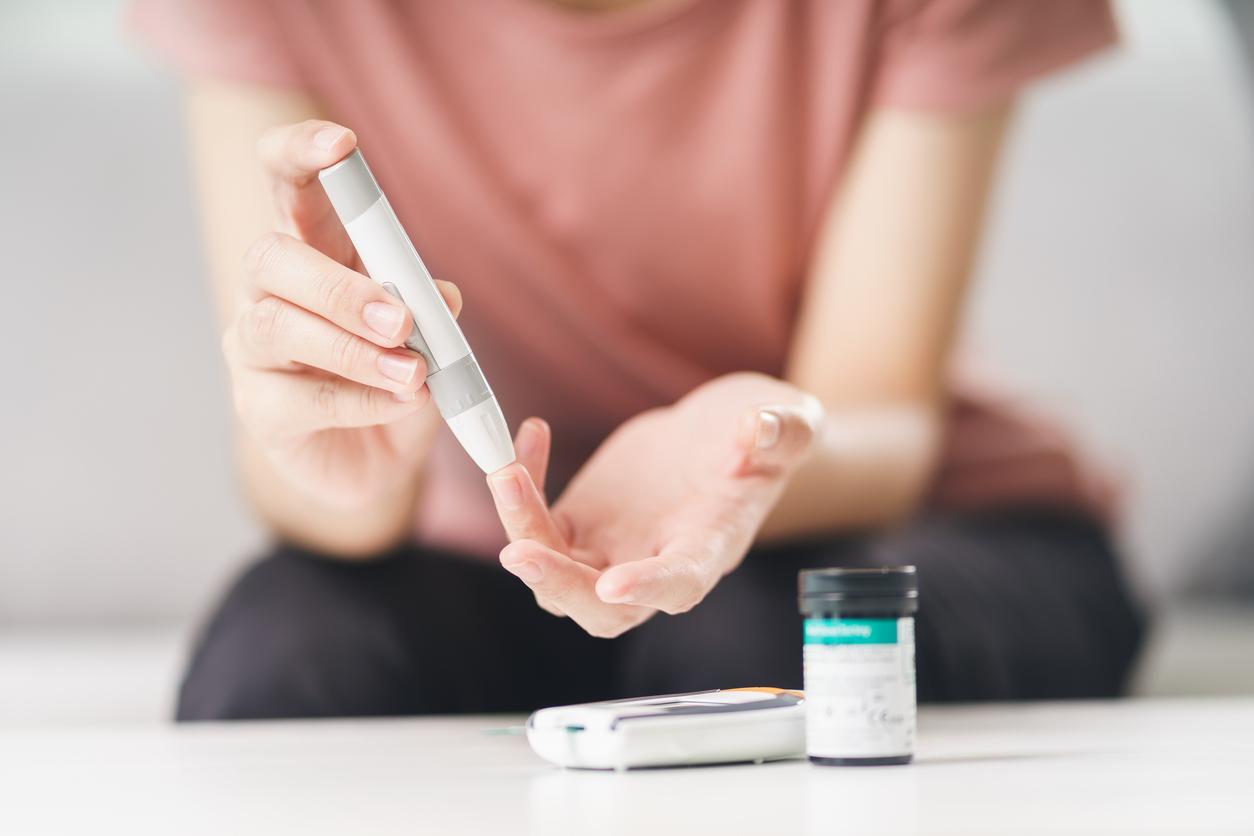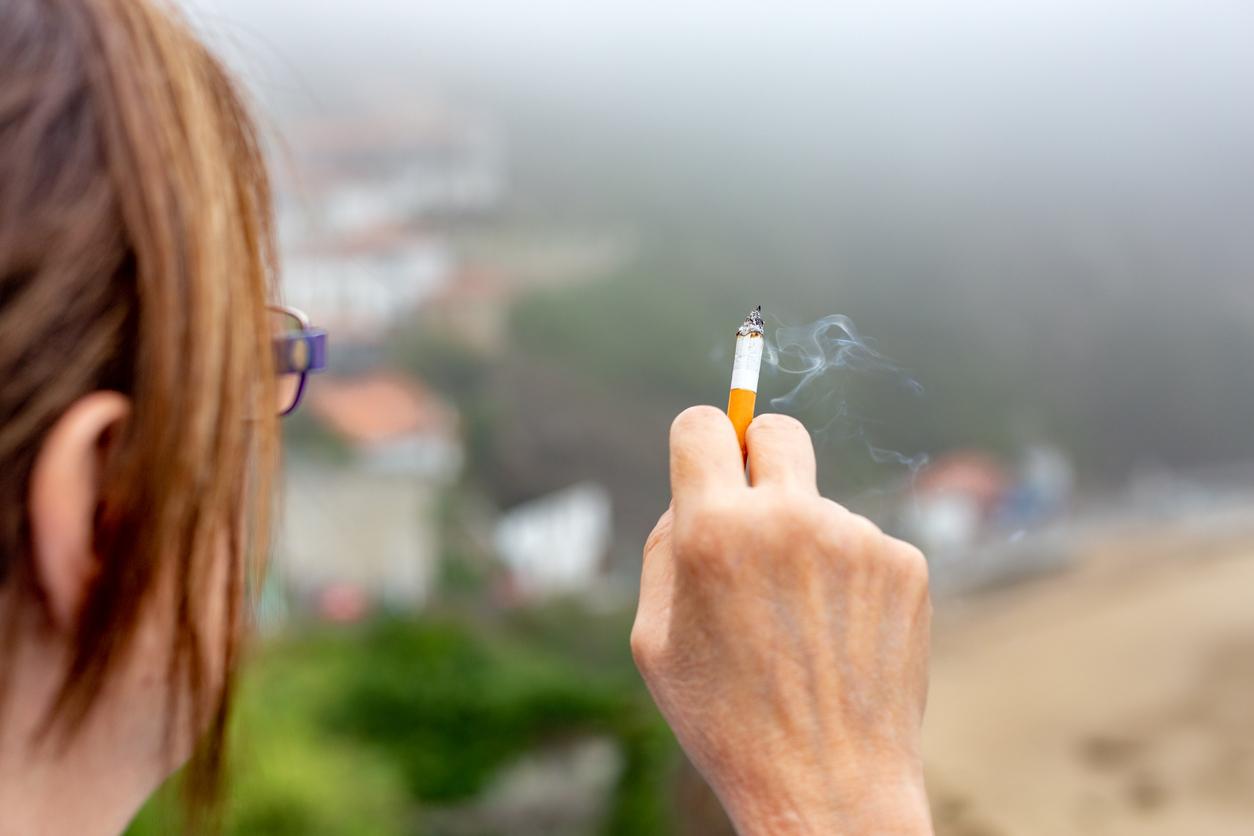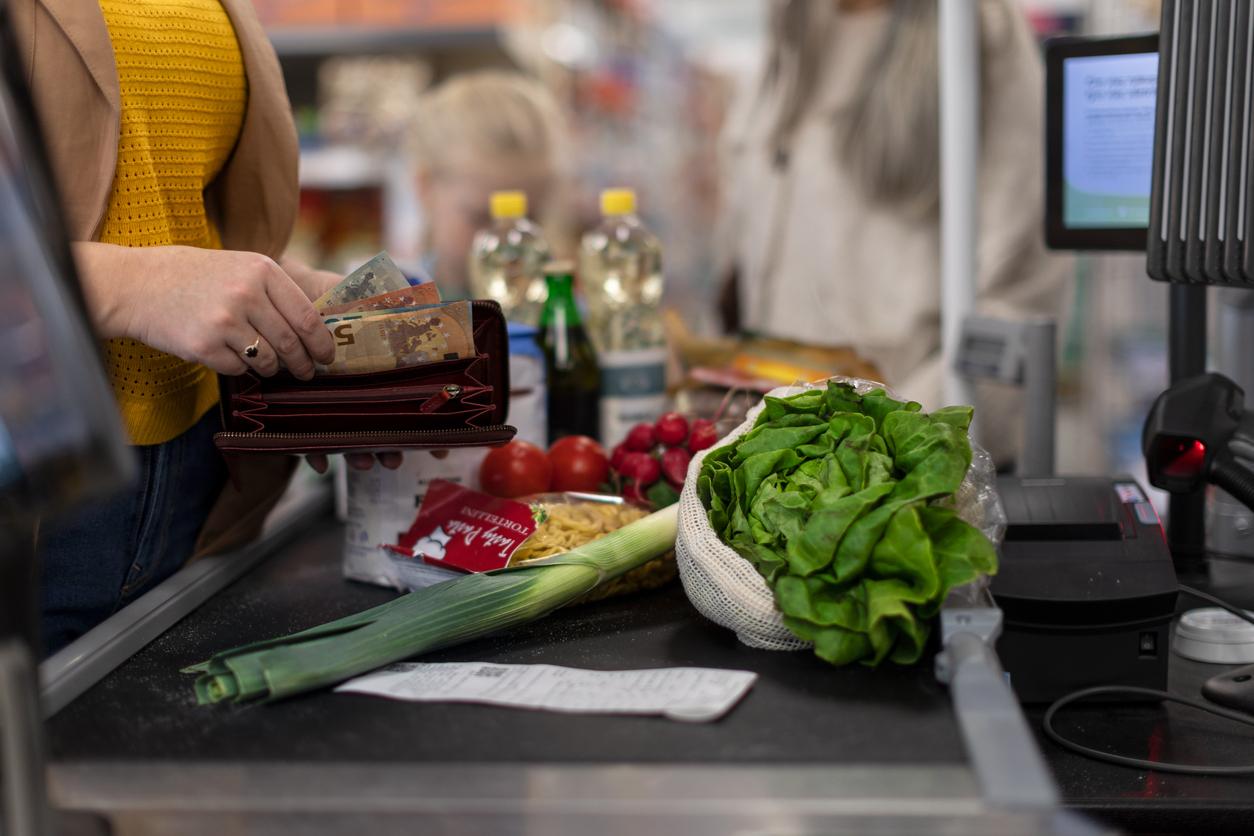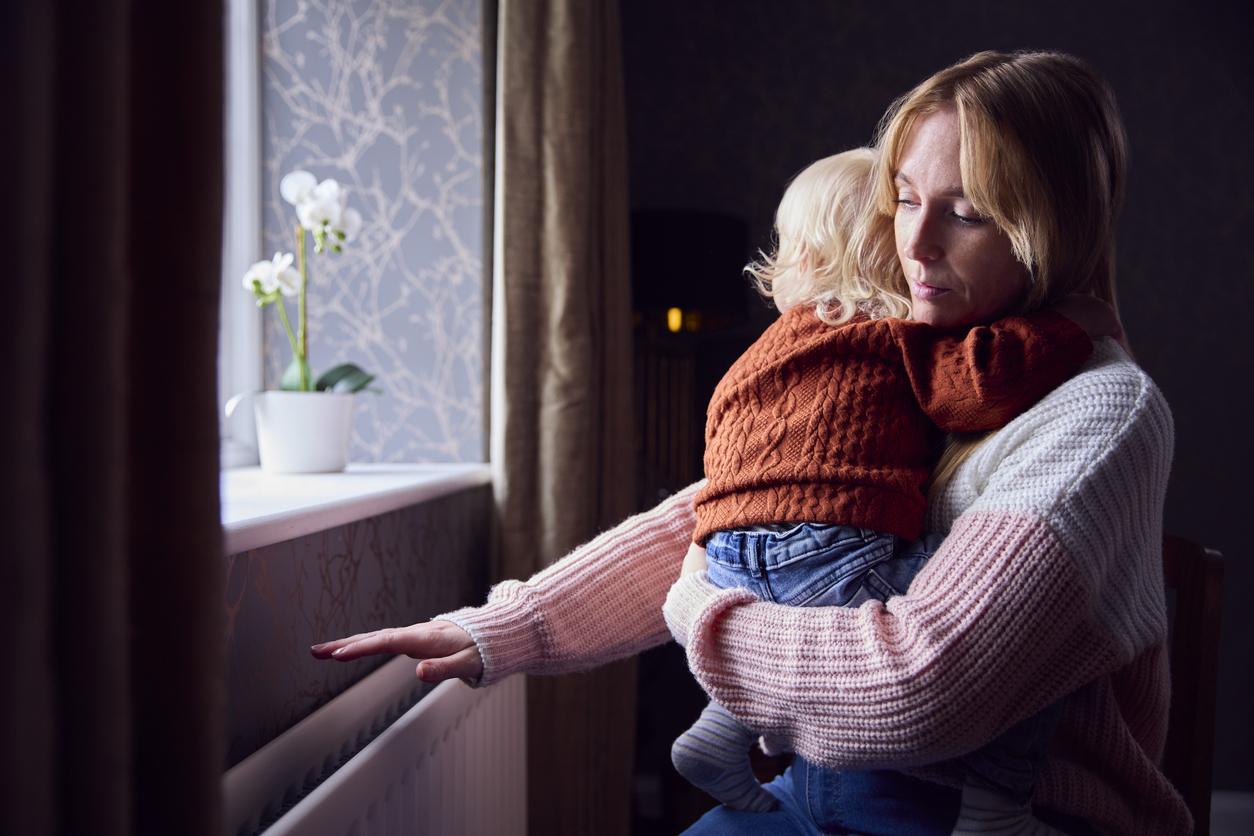According to a survey by Médecins du Monde, access to drinking water and hygiene remains difficult for the poorest. In Calais, only one water point is available to the 400 migrants.

With the approach of the municipal elections of March 2014, and one year after the announcement of the five-year plan to fight against poverty and for social inclusion, the French association “Médecins du Monde” (MdM) wishes to remind all French elected officials their responsibility in the fight against social and territorial inequalities in health. Thanks to their skills, elected municipal officials can indeed act on these sectors: social action, housing, accommodation, access to water and hygiene. In addition, they must also ensure that all the inhabitants of a municipality can access all the structures, programs and health actions that exist locally. Missions that some elected officials seem to have forgotten …
Health and social measures not sufficient
This Friday, MdM is indeed making public its latest survey conducted in 14 cities where the association operates (1). According to these results, health and social systems, although existing, are not sufficient in the main French cities such as Lyon, Marseille, Nantes, Nice, and Paris. This is a worrying finding when we know that these structures are used to diagnose the needs of precarious populations, and to improve their access to care and rights. In the case of the Communal Social Action Centers (CCAS), which have a domiciliation mission for homeless people, the results of the survey show that recourse to interpreting or mediation is not systematic: 55% never use interpreters, and 80% never use mediation.
And this lack poses a problem for the health of the most vulnerable. Because in addition to this mission of domiciliation of common law, the CCAS must receive and instruct requests for domiciliation for state medical aid. Thus, MdM notes an unequal application according to the territories of the right to domiciliation within the framework of the AME. For these doctors, this injustice would come on the one hand from the condition of regularity of stay in France which is sometimes required. On the other hand, the link with the municipality which is sometimes interpreted too restrictively.
In addition, the Permanent Access to Health Care (PASS), medical and social support systems located in hospitals, are still too little known, insufficiently deployed and often inefficient in metropolitan cities and in the overseas departments and territories. . Finally, mobile and specialized PASS are too rare, in particular those dedicated to the support of pediatric and dental care.
Strong regional disparities in access to water and hygiene
In addition, Médecins du Monde points out the strong disparities in effective access to water for vulnerable populations. On the 11 metropolitan cities, 1 municipal bath shower covers on average 15,000 poor households. Although all the cities surveyed have access points to drinking water and shower-baths, their number is insufficient.
For example, in Calais, a single water point is made available to migrants and it is only open at restricted hours and is used for the hygiene of 300 to 400 people. In Marseille, the majority of public fountains are broken and no work is planned to restore them in the coming years. Finally, the elimination of waste in slums and squats remains problematic in the majority of the cities surveyed.
The most vulnerable populations remain stigmatized
In terms of “living together” and the integration of the most precarious in the public space, there is again a strong disparity between the cities. Municipal decrees are multiplying: 29% of the cities surveyed apply “anti-begging” or “anti-prostitution” decrees. “These policies of public tranquility criminalize and stigmatize the most vulnerable populations, and keep them away from common law mechanisms,” notes MdM. For example, Nice applies an anti-begging decree: this measure is taken with the aim of removing the SdF from frequented places, a real incitement to discrimination against the poor. Finally, among the cities surveyed, 50% report repetitive repressive actions aimed at specific audiences. These are mainly police pressure or acts of intimidation.
The recommendations of Médecins du Monde
TO In support of this survey, Médecins du Monde insists that health be at the heart of the municipal debate. The association thus makes several recommendations. Among them, the strengthening and multiplication of access to rights mechanisms (CCAS type), with the promotion within these structures of interpretation, mediation, and simplification of access to domiciliation.
In addition, these doctors ask for the promotion of the Permanences of access to health care (PASS), including mobile and specialized, and of the systems of access to local care (type CMS), in accordance with the multi-year plan of fight against poverty and social inclusion.
Finally, MdM requires the facilitation of access to water and hygiene for the most precarious, whatever their type of habitat, and the collection of garbage for all inhabitants, including in the slums.
(1) Calais, Grenoble, Lyon, Marseille, Nantes, Nice, Paris, Rouen, Saint-Denis, Strasbourg, Toulouse, Saint-Denis de la Réunion, Koungou (Mayotte), Cayenne, Matoury and Rémire (island of Cayenne).
.









